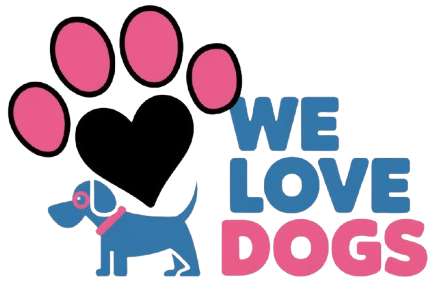Shutterstock
It’s one of the crucial gut-wrenching sounds on the earth—a canine howling behind the door simply after you’ve closed it. Many people brush it off as “separation anxiety” and rush to work with a heavy coronary heart. However that misery typically comes from one thing deeper, one thing extra nuanced than simply lacking their individual. Canine don’t have phrases, in order that they converse with habits—and after we go away, they often converse loudly.
They Really feel Deserted, Not Simply Alone
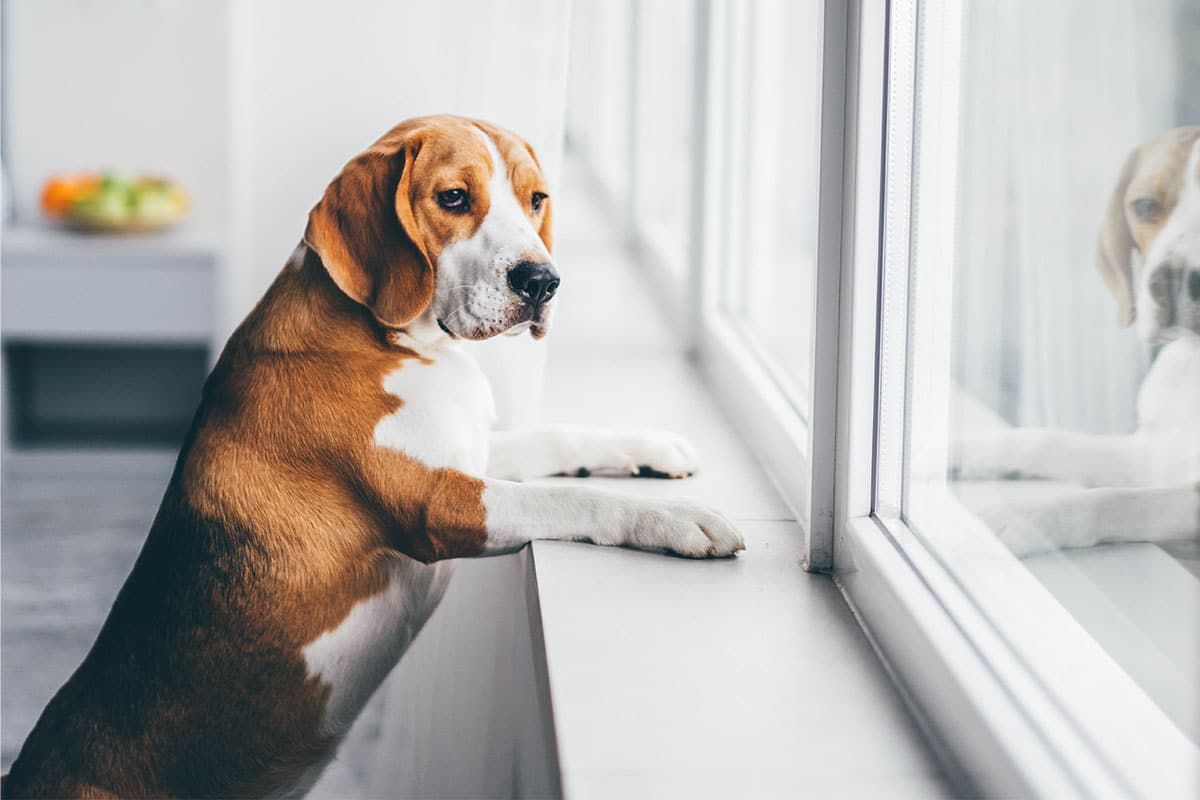 Shutterstock
Shutterstock
Canine kind deep emotional bonds, and after we go away with no clear rationalization, it could really feel like abandonment. They don’t perceive calendars or clocks, solely the ache of your absence. Some canine worry you’ll by no means return, particularly these with a historical past of being rehomed or uncared for. Their appearing out isn’t rise up—it’s a determined try and cope.
Lack of Psychological Stimulation
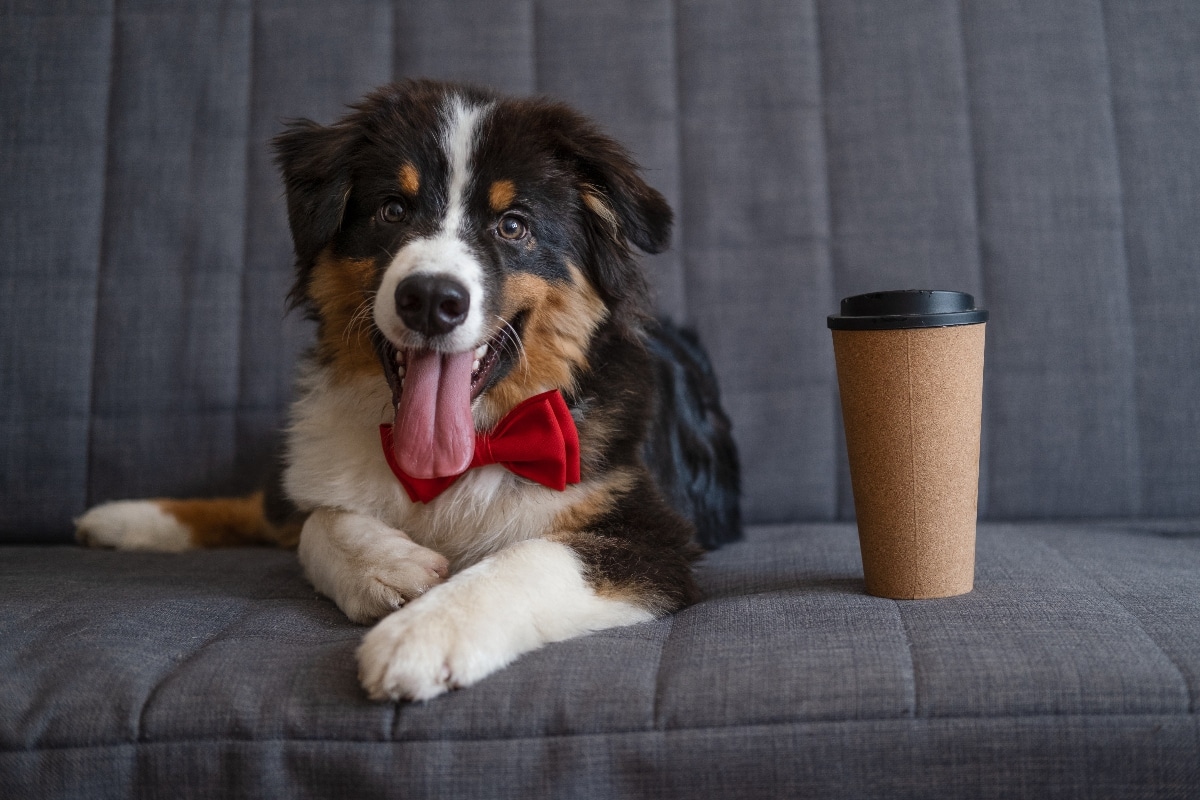 Shutterstock
Shutterstock
A bored canine is a mischievous canine. With out psychological engagement throughout the day, canine might hunt down leisure within the type of chewed sneakers, overturned trash cans, or infinite barking. They’re not attempting to punish you—they’re attempting to make sense of the stillness. Consider it as a curious youngster left in a room stuffed with puzzles with no directions.
Unused Vitality Wants a Place to Go
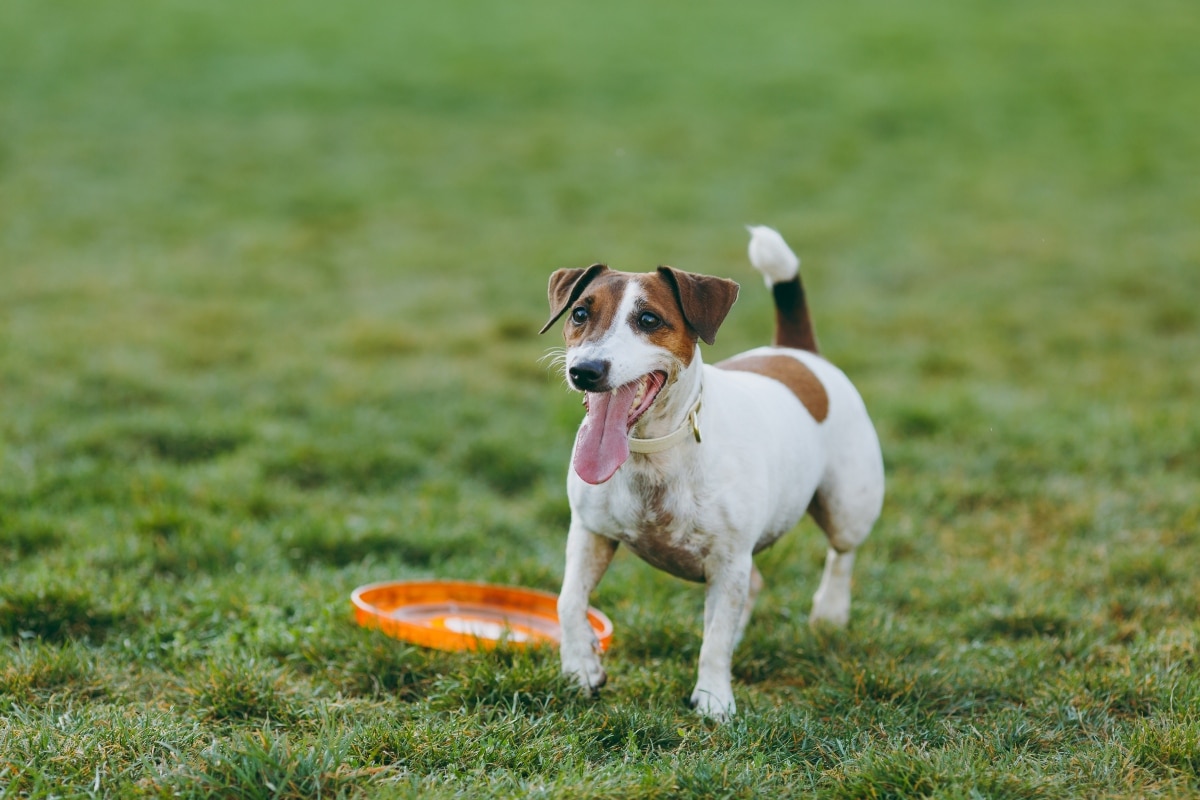 Shutterstock
Shutterstock
Some canine act out just because they haven’t burned sufficient vitality. A fast morning potty break doesn’t meet the bodily wants of an brisk pup. When that vitality builds up, it could explode into damaging habits the second you’re gone. Train is their valve—it helps them launch nervousness earlier than it turns into chaos.
Confusion About Boundaries
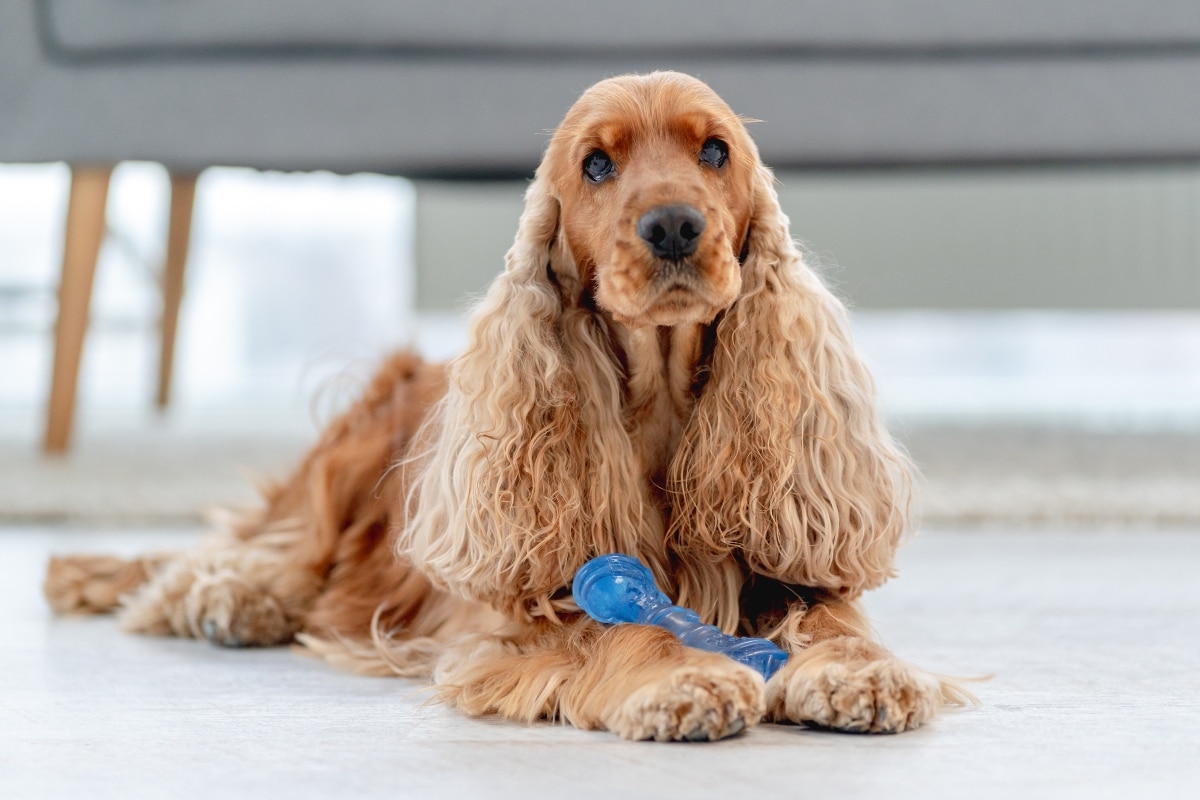 Shutterstock
Shutterstock
Inconsistent guidelines can go away canine uncertain of what’s allowed. If at some point the sofa is honest sport and the subsequent it’s off-limits, they gained’t know what’s anticipated once you’re gone. This uncertainty can manifest as testing behaviors like climbing, chewing, or digging. Canine thrive on readability—and after they don’t get it, they make their very own guidelines.
Residual Trauma from a Earlier Life
 Shutterstock
Shutterstock
Canine who’ve been by means of abandonment, abuse, or fixed rehoming typically carry invisible scars. Whenever you go away, it’d set off previous recollections of being left for good. Their worry isn’t about this morning—it’s in regards to the historical past that taught them folks disappear. Performing out turns into a type of self-protection in opposition to heartbreak.
They Mirror Your Nervousness
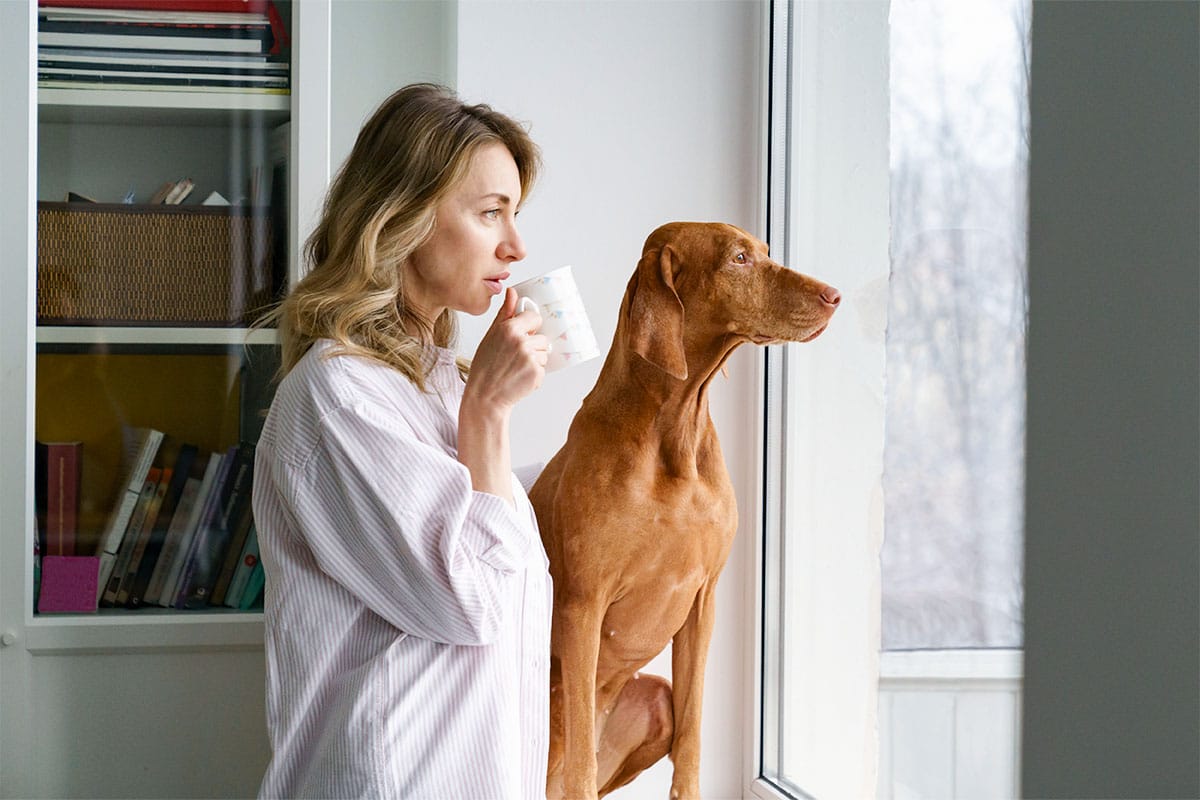 Shutterstock
Shutterstock
Canine are deeply intuitive creatures. In the event you go away in a rush, flustered or fearful, they soak up that pressure. Your nervousness can amplify theirs, making your exit really feel like a disaster quite than a routine occasion. A relaxed goodbye offers them permission to really feel safe, even in your absence.
They’re Overly Hooked up With out Coping Expertise
 Shutterstock
Shutterstock
Some canine turn out to be so bonded to their people that they by no means discover ways to be okay alone. They depend on your presence for stability, and with out it, they unravel. This intense attachment can result in behaviors like pacing, whining, and even self-injury. They don’t simply love you—they rely on you emotionally.
They Decide Up on Departure Cues
 Shutterstock
Shutterstock
Grabbing your keys, placing on sneakers, or spraying fragrance—these rituals sign “goodbye” earlier than you even say it. For some canine, these cues are a set off, setting off nervousness earlier than you’re out the door. Over time, they might react earlier and extra dramatically, attempting to vary the result. They’re not dramatic—they’re simply attempting to cease you from leaving.
Medical or Dietary Wants Are Unmet
 Shutterstock
Shutterstock
Generally, habits points stem from discomfort, not emotion. A canine with an upset abdomen, tooth ache, or unmet dietary wants might act out as a result of they don’t really feel nicely. If appearing out begins all of the sudden, it’s price checking for underlying well being points. Ache has a approach of turning even the gentlest canine into stressed souls.
Lack of Protected, Comfy Area
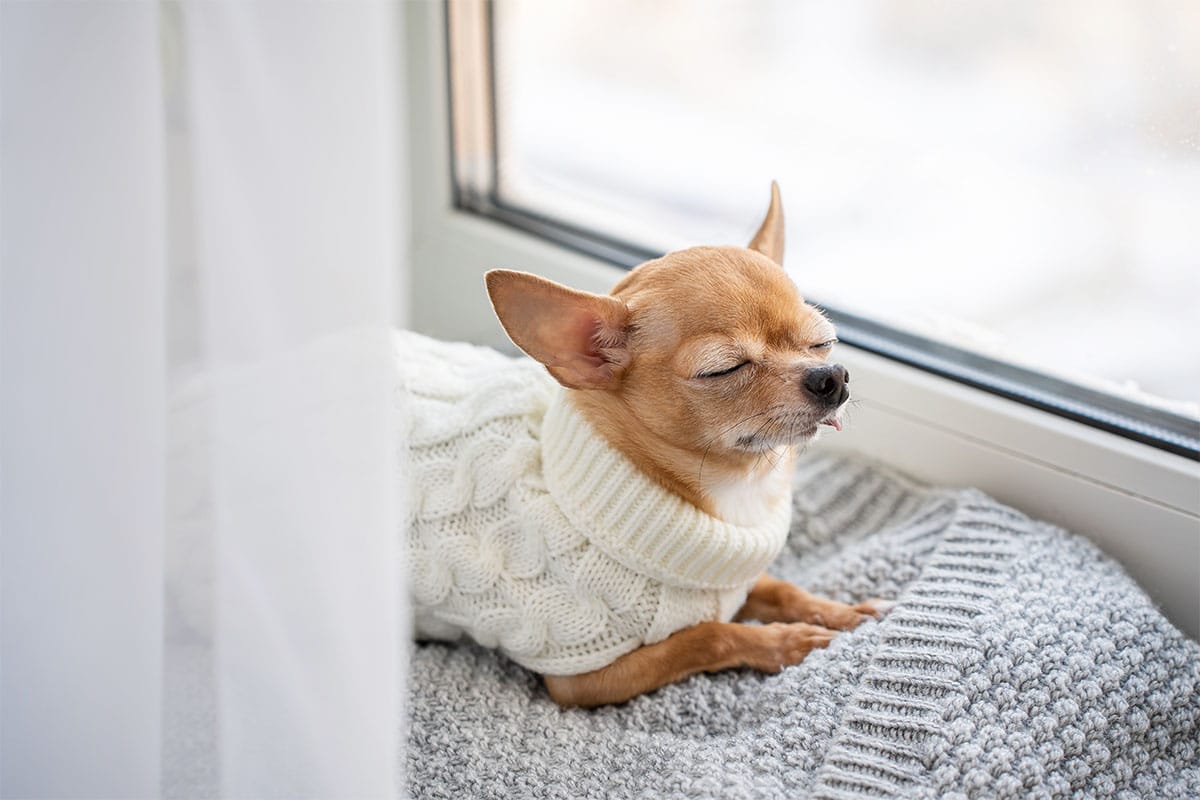 Shutterstock
Shutterstock
When canine don’t have a comfy, outlined house to retreat to, they might really feel insecure when alone. A protected zone—like a crate with a comfortable blanket, a well-recognized toy, or perhaps a window view—can ease their nervousness. With out it, the entire home can really feel like unfamiliar territory. They want a den, not a mansion.
They Don’t Know Learn how to “Wait”
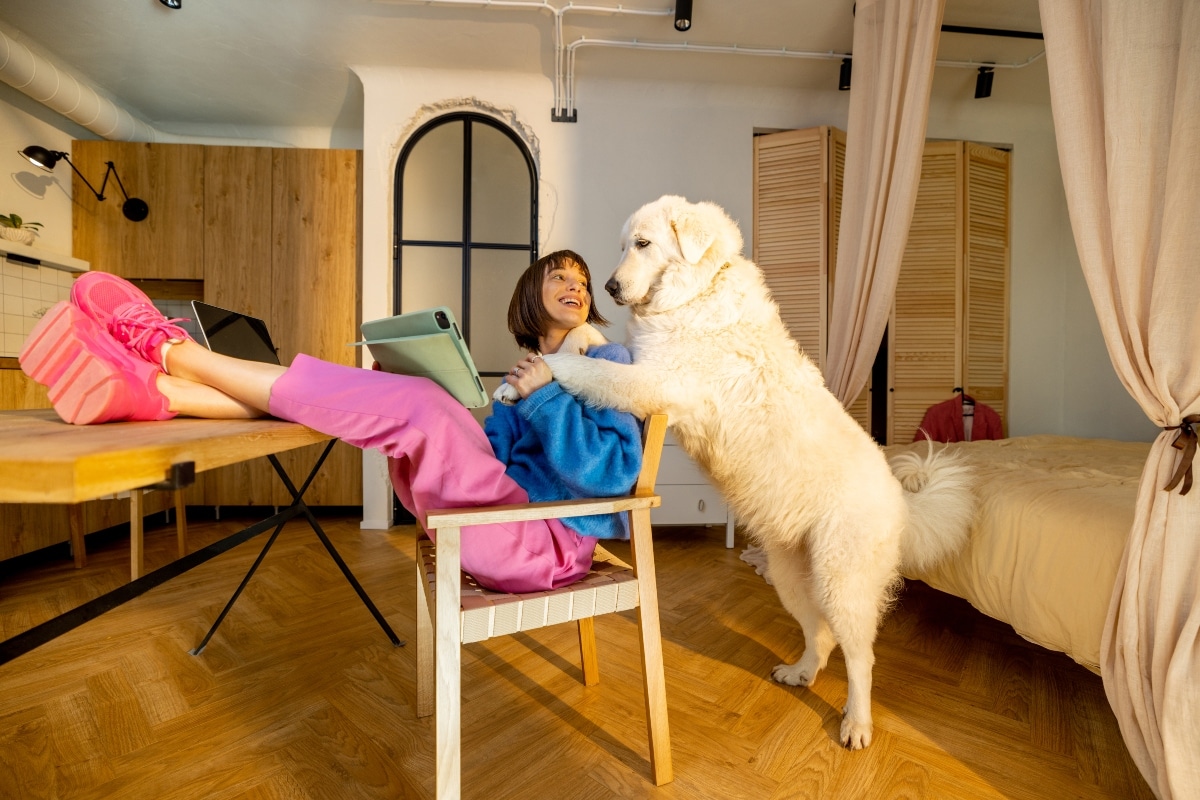 Shutterstock
Shutterstock
Persistence isn’t one thing canine are born with—it’s taught. In case your canine hasn’t realized that good issues come after ready, being left alone looks like the tip of the world. Educating “wait” in small doses helps construct resilience. Over time, ready turns into a traditional a part of their emotional vocabulary.
A Little Chaos, A Lot of Love
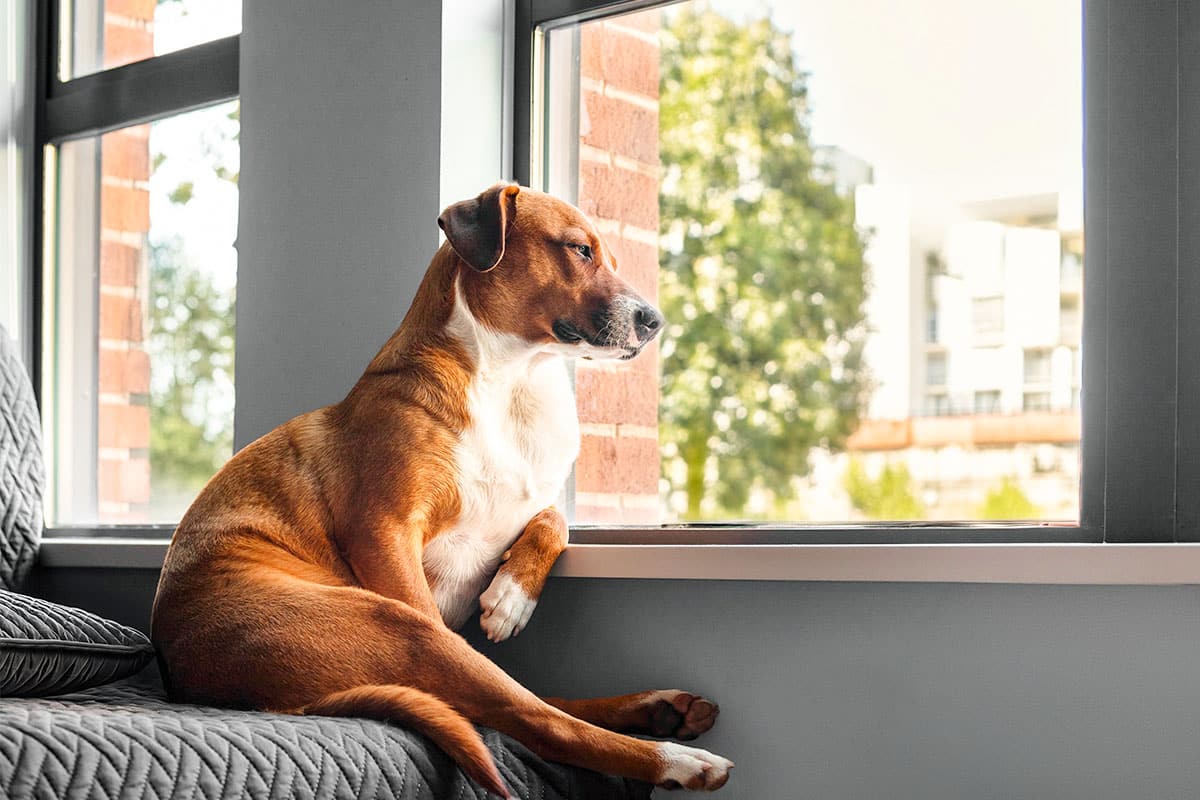 Shutterstock
Shutterstock
When a canine acts out after you allow, it’s to not spite you—it’s a type of communication. Behind each shredded pillow or anxious howl is a narrative of affection, worry, confusion, or unmet wants. With persistence, consistency, and understanding, we will educate them that alone doesn’t imply deserted. As a result of to a canine, love doesn’t go away. It waits on the door, identical to they do.
